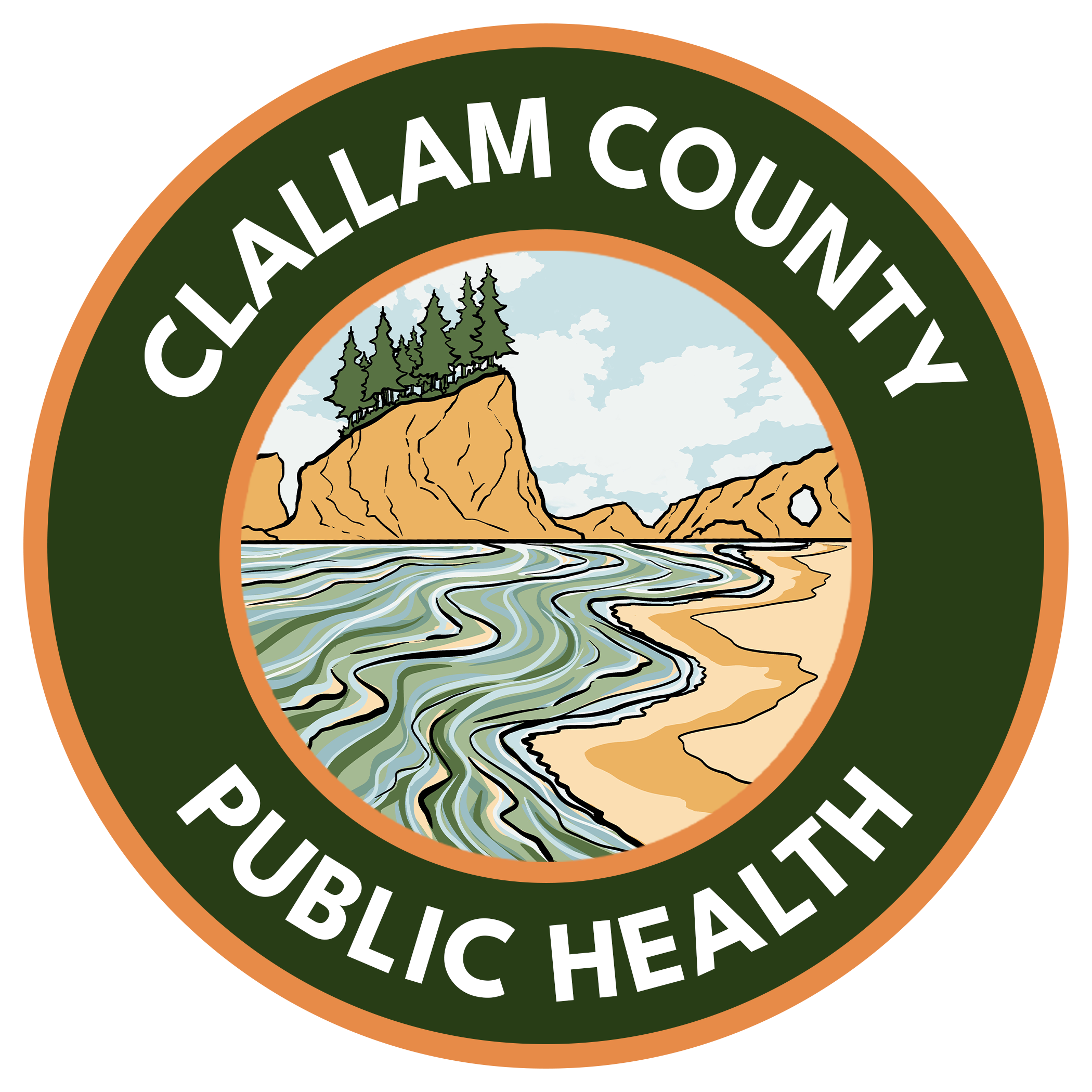To report a confirmed or suspect case of pertussis, complete the Reportable Disease Fax Form or call the confidential communicable disease reporting line, 360-417-2412.
Pertussis is common and very contagious. It is caused by Bordetella pertussis. The bacteria infect cilia in the upper respiratory tract. Early symptoms are like a mild cold. Patients often experience violent coughing fits (paroxysms). These can be followed by high-pitched gasps (“whoop” sound) as the patient tries to inhale. Coughing fits can lead to gagging, vomiting, loss of consciousness, incontinence and broken ribs.
Babies are at high risk for severe complications. Most pertussis deaths occur in babies under 2 months old. Babies with pertussis do not always cough. They may experience apnea, poor feeding and failure to thrive. Severe complications include pneumonia and convulsions.
Pertussis epidemics occur every few years. In 2012, Washington had almost 5,000 reported cases.
Vaccination is the best way to prevent pertussis. Immunity wanes over time, but is highly effective in infants and young children. Maternal immunization at 27 to 36 weeks gestation has been shown effective in preventing pertussis in the first weeks of life.
Vaccine schedule
- Babies—3 doses DTaP—at 2, 4 and 6 months of age.
- Children—2 doses DTaP—at 12 to 18 months and at 4 to 6 years of age.
- Adolescents—1 dose Tdap—at 11 years of age.
- Pregnant people—1 dose Tdap between 27 and 36 weeks gestation.
- Non-pregnant adults—1 dose Tdap.
Report suspected or confirmed cases within 24 hours. Call reporting line or use the reporting form.
Healthcare Providers
Tdap and Pregnancy
- Tdap and Pregnancy information for healthcare providers
- Declination to Vaccinate for Tdap and Influenza
- Standing orders for administering Tdap to pregnant women
- Tdap coding information for OB providers
- Vaccines for your children
Schools
- School Pertussis Reporting Form
- Information for Parents
- Whooping cough vaccination. (CDC)
